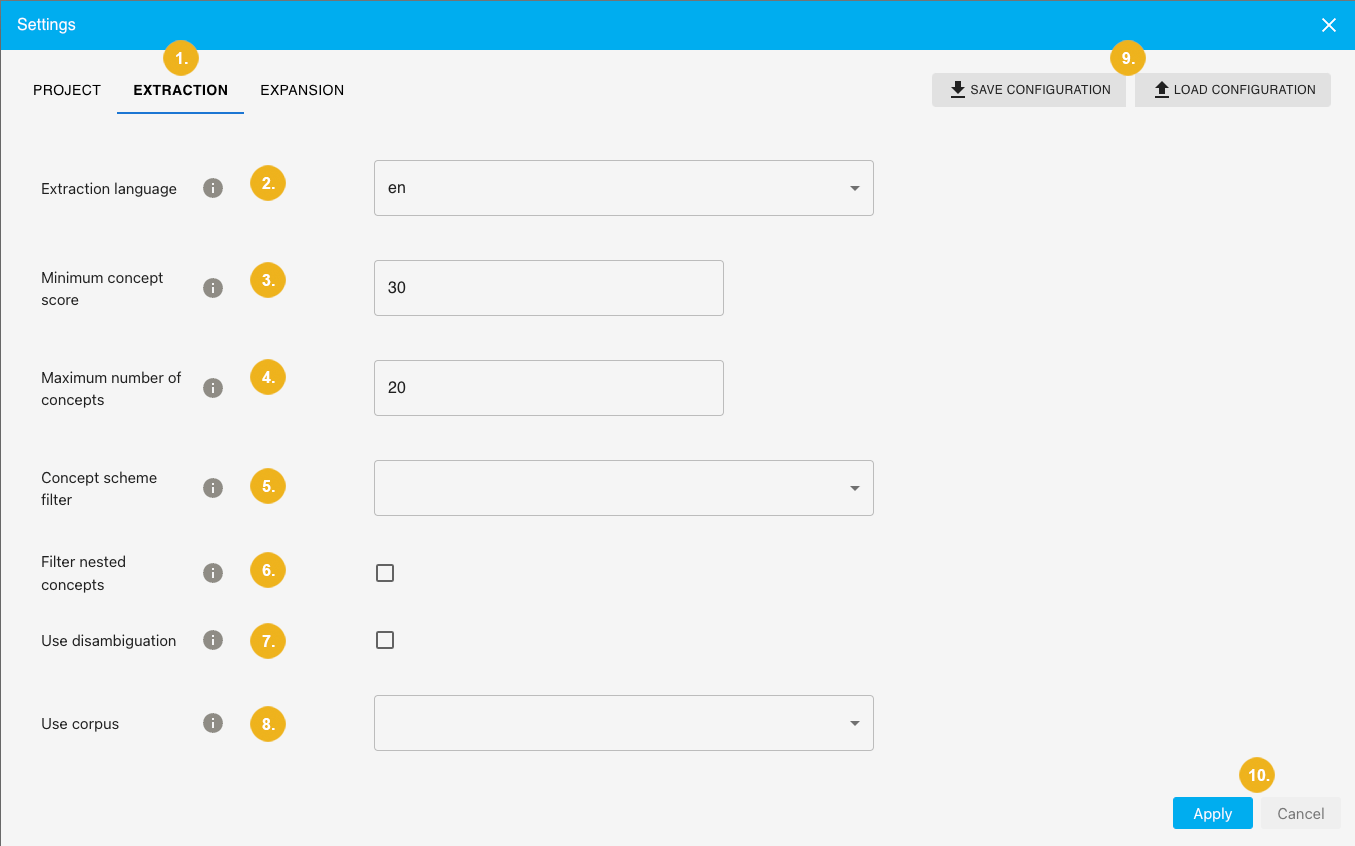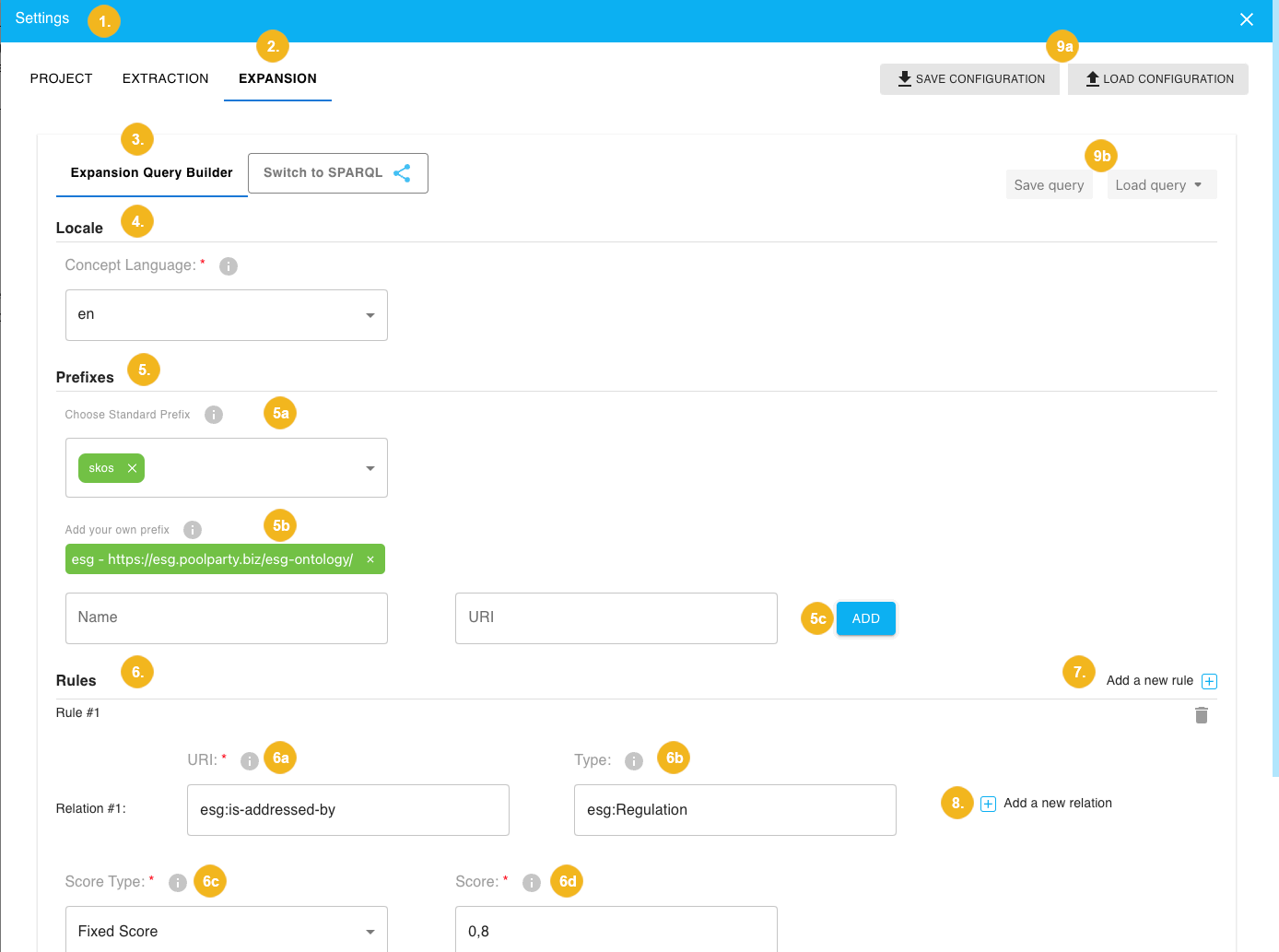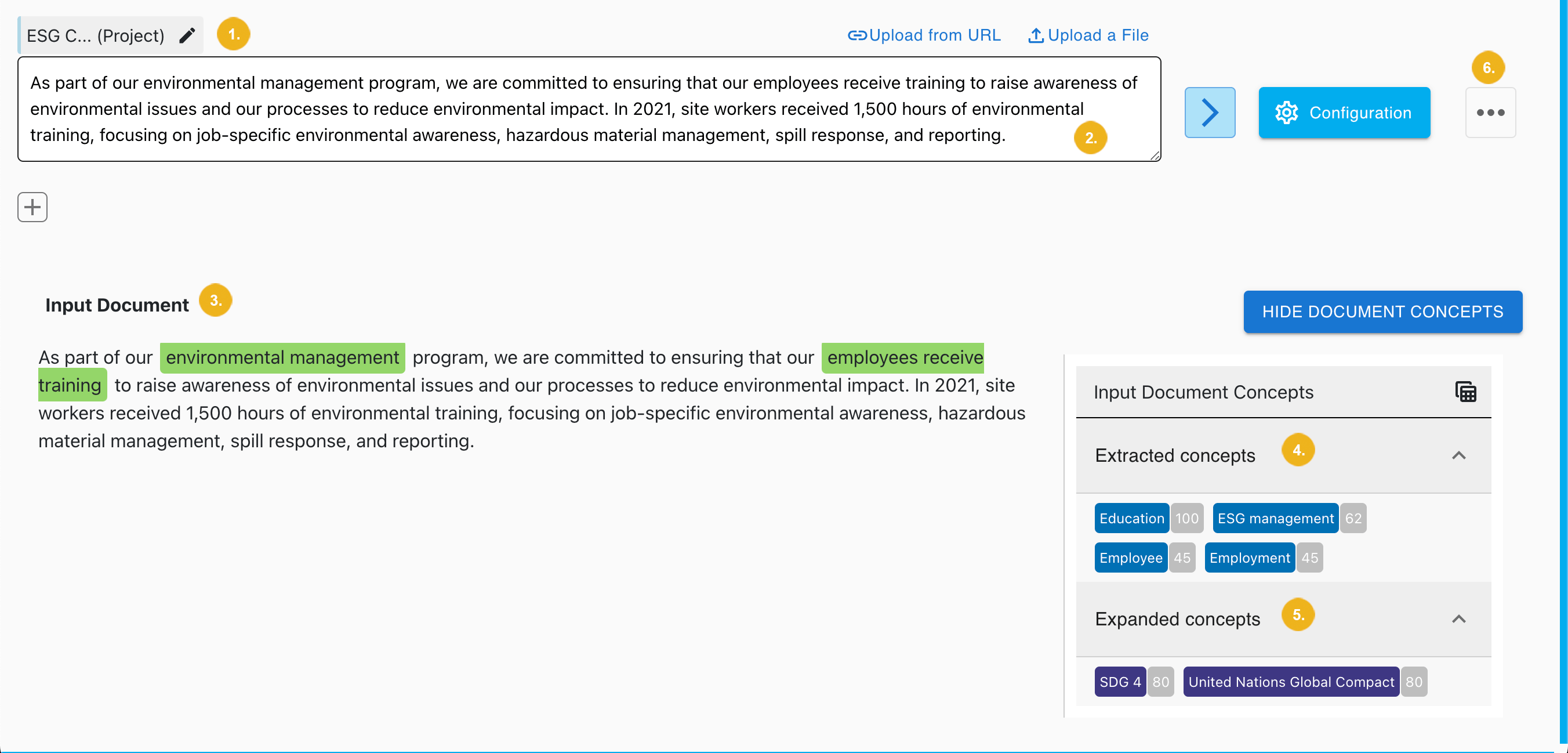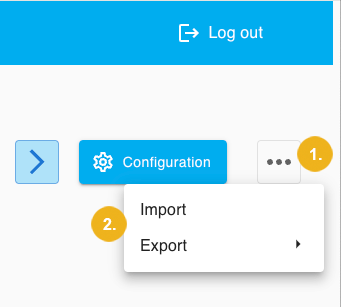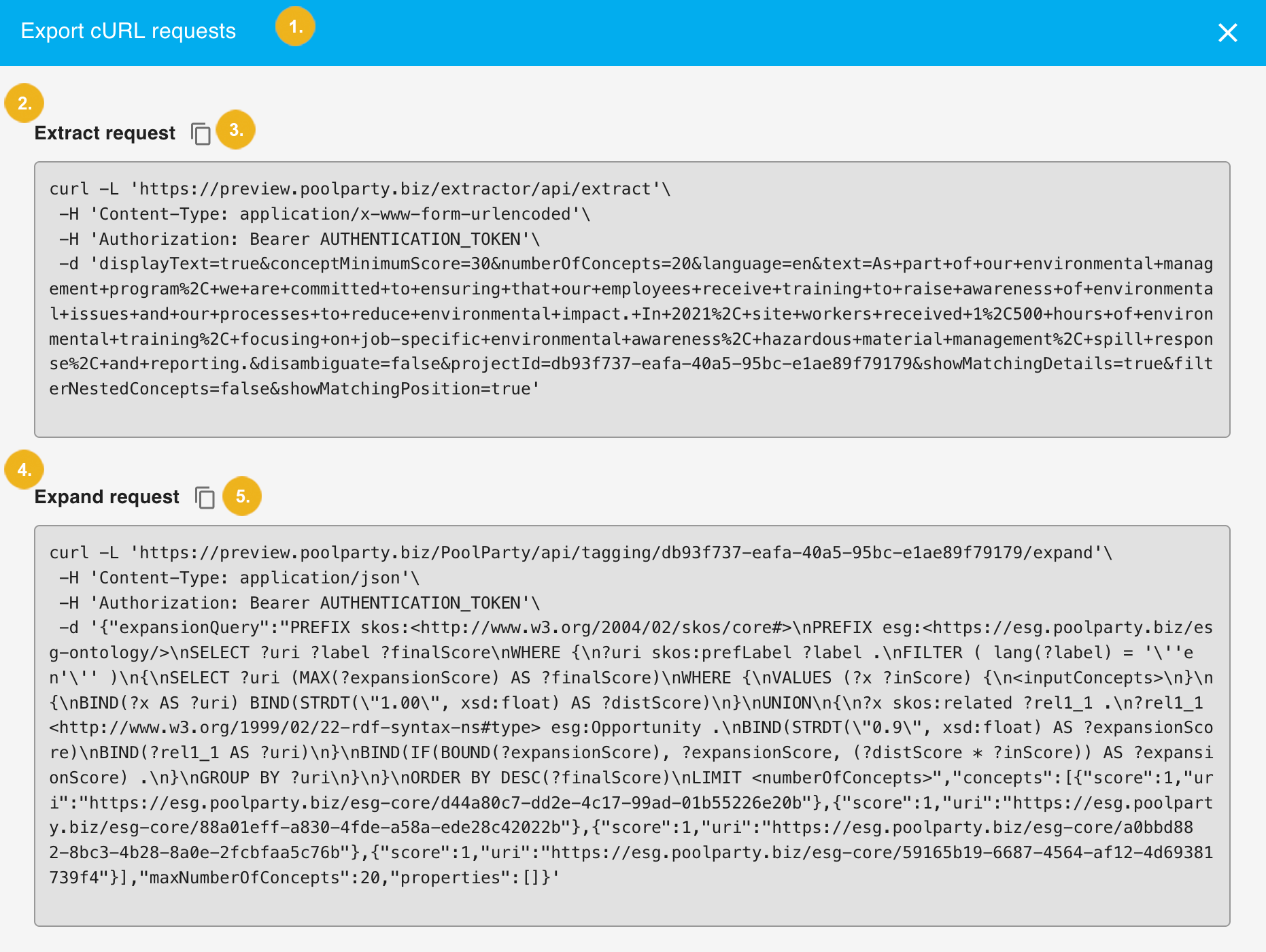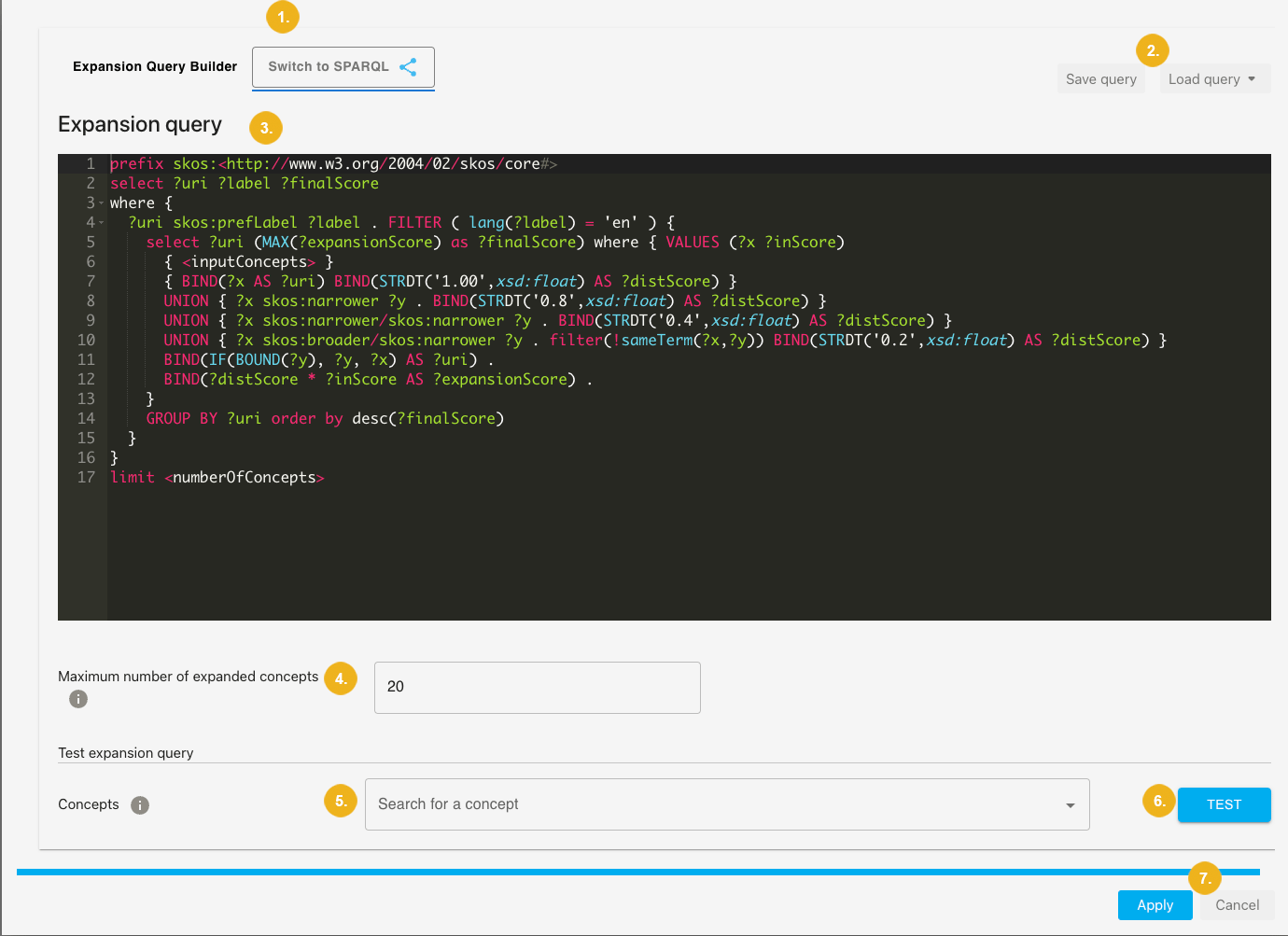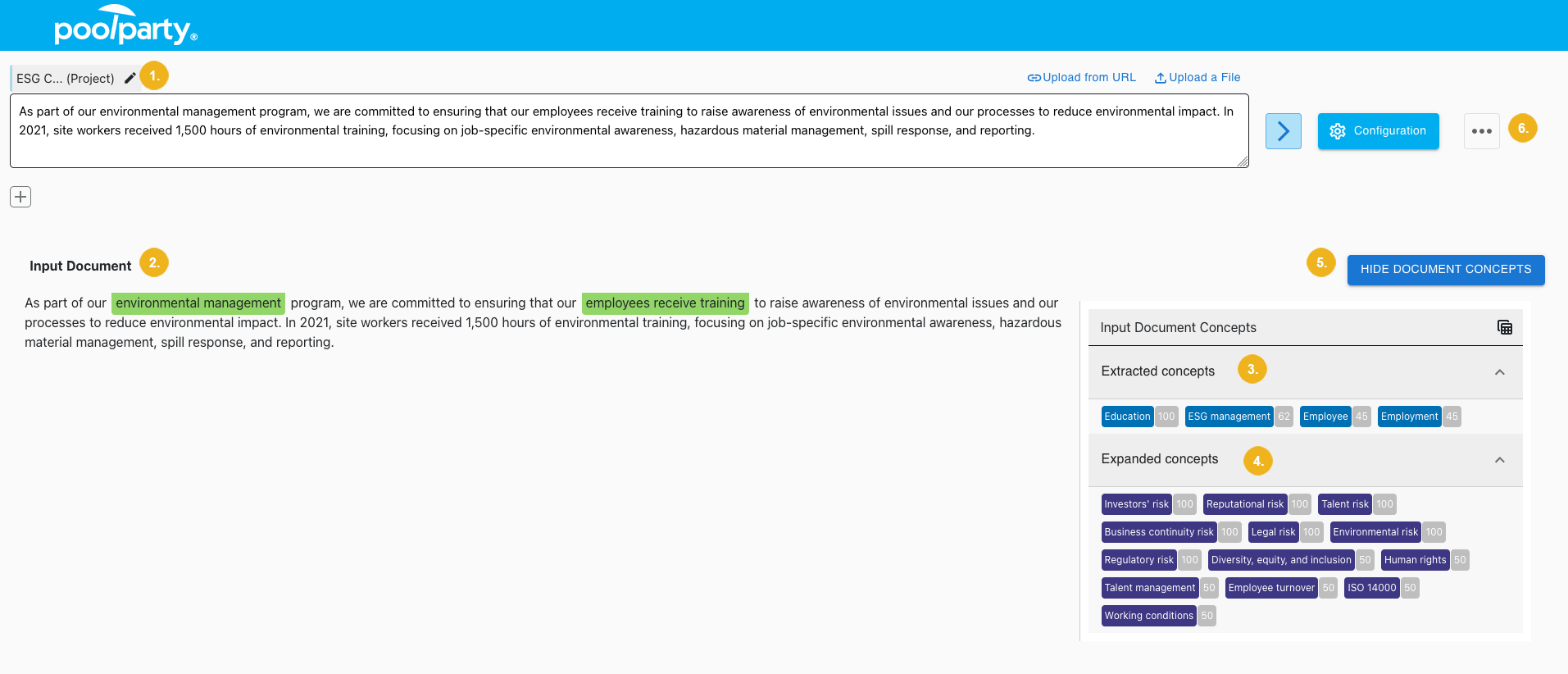An Introduction to Inference Tagging
Inference Tagging is a functionality extension of the proven PoolParty Extractor to generate additional metadata about documents or data in general. It recognizes and extracts not only explicitly mentioned concepts, but also uses relevant concepts for annotation and classification that are only implicitly or indirectly mentioned.
While PoolParty Extractor basically extracts all concepts from a given input text or file that explicitly appear in a document, and at the same time are represented in the knowledge model forming the basis of the extraction service (taxonomy and ontology), inference tagging is useful when we want to go beyond extracting explicit concepts. Inference Tagging also extracts implicit concepts from documents while using specific rules. All we need is a well-structured domain knowledge model.
All existing concepts are organized and stored using taxonomies and ontologies. Documents can be easily annotated using concepts through an extraction call. At this point it is the ontology with all the classes, subclasses, and relations which indeed makes the difference, since we can use classes and relations to infer additional concepts (new triples).
Let us take a closer look at how inference tagging works and the results it delivers. The standard variant of the PoolParty Extractor used to identify concepts in the input text saying “Climate change is a driver for heatwaves and drought”, would - provided a corresponding knowledge model is in place - extract the following concepts: climate change, heatwave, drought. Provided that the knowledge model contains relations to risks associated with heatwaves (e.g. heatstroke) and drought (e.g. crop failure) then those can also be extracted and used for both annotation and classification.
Rules determining which additional concepts are to be extracted using the Inference Tagging feature can be created, tested and edited in the PoolParty Workbench. Inference Tagging uses two requests - an extract and expand request. These requests can be easily created and tested using the PoolParty Workbench. An expansion call is a SPARQL request. For those less familiar with SPARQL the PoolParty Workbench offers an Expansion Query Builder where such queries can be easily formulated.
The PoolParty Workbench is a useful tool allowing subject matter experts to define specific rules for both calls (i.e. extraction and expansion); these calls are stored together in a configuration file and can be tested at any point using the Workbench.
The PoolParty Workbench offers - reflecting your license - the following functionalities:
inference tagging
recommendation service

The image above shows the landing page of the PoolParty Workbench with the Inference Tagging feature enabled.
The grayed out button (1) opens the corresponding Settings tab where you select the project and is mandatory to be able use the Inference Tagging function. Then you have to enter the input that should be tagged - here you have three options available: you can enter any input text (2), you can upload content from a URL (3), or you can upload a file (4). Clicking on the arrow symbol starts the tagging (5), whereas clicking the Configuration button (6) allows you to review all relevant settings and to modify or update them when required.
We will now guide you through the Expansion Query Builder feature facilitating the formulation of the required SPARQL query illustrated by a sample query.

